
 |
AWAITING RESULTS
It is anybody’s game !
Unlike previous elections, these elections are being fought mainly on the communal cards, religion, Mandir-Masjid issues, HinduMuslim relations, etc, besides the country's progress and development, unemployment, Dalit and backward classes' problems.
The terrorist attack at Pulwama, killing 44 CRPF jawans and India's surgical strike at Pakistan's Balakot on the terrorist den figured during the election campaign. Political corruption ---highlighted by focusing on the Rafale deal allegedly favouring tainted businessman Anil Ambani and banking scams involving diamond merchant Nirav Modi and Mehul Choksi --- was also much talked about during the campaign.
There were so far, no clashes, killings of candidates, frequent use of firearms, etc. After Independence, the first parliamentary elections were held in 1952 when the Congress under the leadership Jawaharlal Nehru won 364 of the total 469 seats and the Samjyuta Socialist Party (United) 12 and the Hindu Nationalist Dal 3 seats. Afterwards, there were elections in 1957, 1962, 1967, 1971, 1977, 1980 and so on. For the first three consecutive terms, the Congress under Nehru's prime ministership was in power with a singleparty government.
The coalition governments were also formed under the prime ministership of VP Singh , Chandra Shekhar, IK Gujral and Deve-Gowda. This was a major turning point in Indian politics with the emergence of the Jan Sangh (the earlier avatar of the Bharatiya Janata Party) and the RSS. The Jan Sangh's Atal Behari Vajpayee was the first BJP Prime Minister who had three different terms of heading a coalition government with the participation of various nonCongress parties.
In 1971, the Congress with the 'gharibi hatao' slogan won 342 of 518 Lok Sabha seats. But the Congress was routed in the 1977 elections after the19- month national emergency imposed by Indira Gandhi. After Indira's assassination in 1984, the Congress under Rajiv Gandhi swept the polls. The BJP won only two seats. But, subsequently, the governments formed either under the leadership of the Congress or the BJP were of coalition nature. The BJP under Narendra Modi's prime ministership completed one five-year term after capturing power with the landslide victory in the 2014 elections. He is also the BJP's prime ministerial candidate for a second term, while the Congress projected Rahul Gandhi, the party president, in place of his mother Sonia Gandhi, as the future PM. Other leaders of small and regional parties like Mayawati (BSP) and Mamata Banerjee (TMC) are also keeping themselves prepared for the post . They all will be waiting for the announcement of the election results on May 23. The election results are unpredictable. But one thing is clear. There is the possibility of coalition government this time. We have to wait and watch. |
|


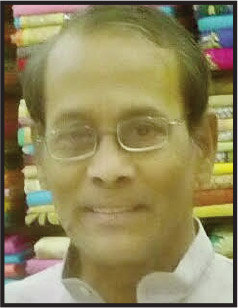 Subhrangshu Gupta
Subhrangshu Gupta
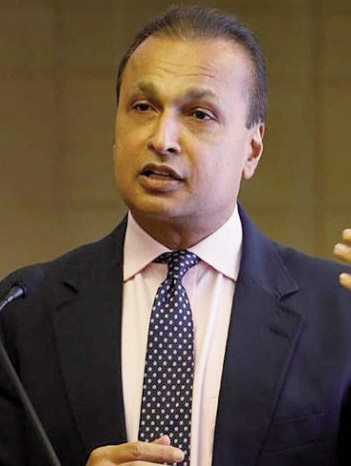 Anil Ambani
Anil Ambani
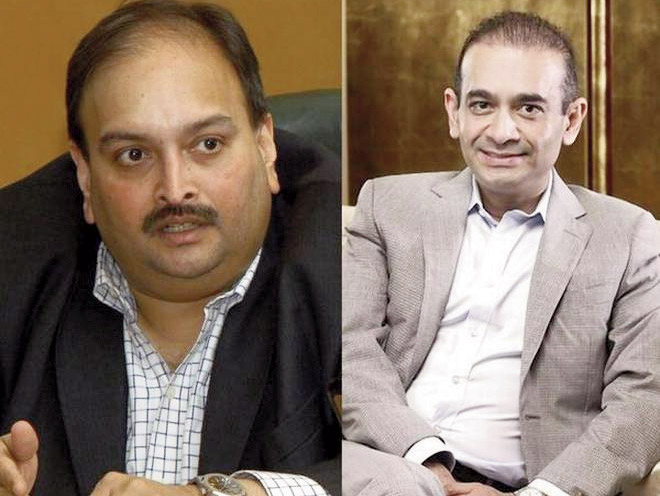 Mehul Choksi and Nirav Modi
Mehul Choksi and Nirav Modi
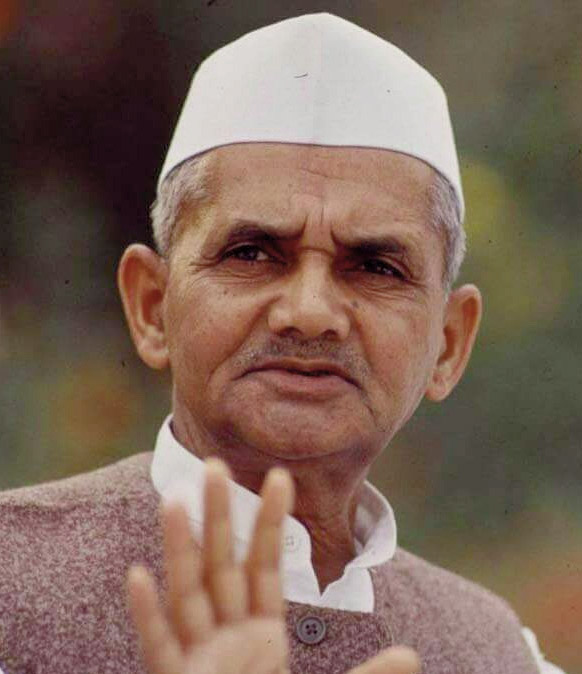 Lalbahadur Shastri
Lalbahadur Shastri
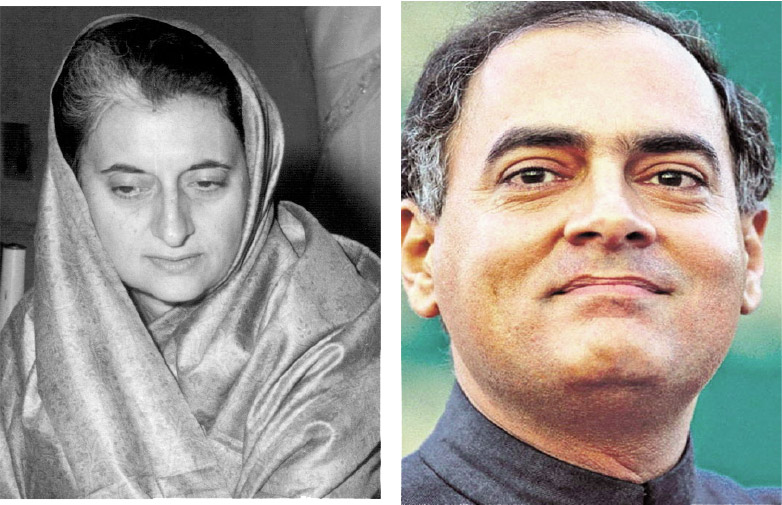 Indira Gandhi and Rajiv Gandhi
Indira Gandhi and Rajiv Gandhi
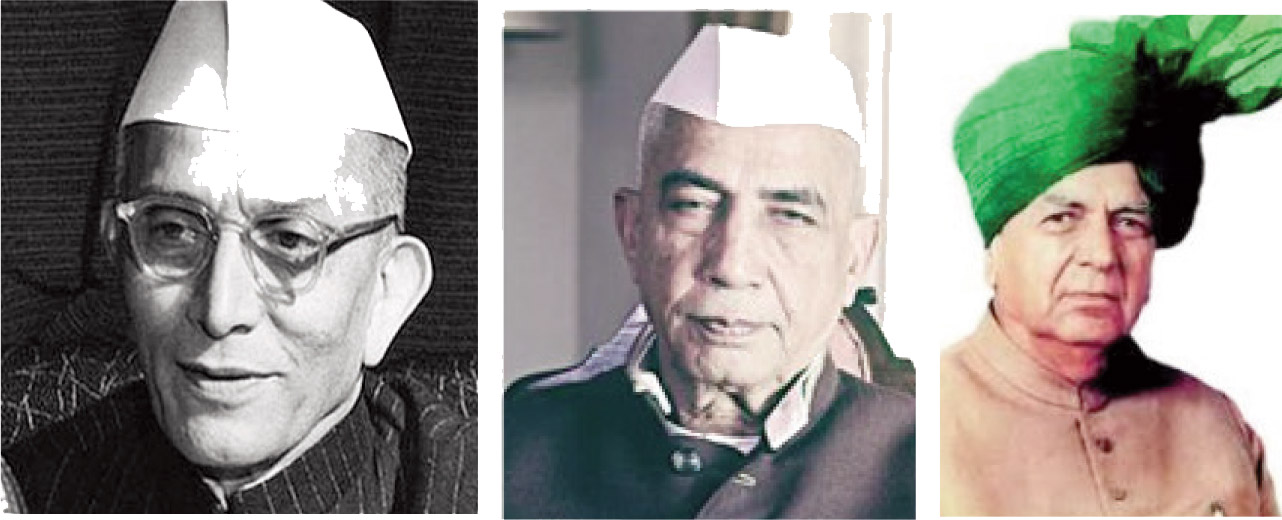 Morarji Desai, Chaudhury Charan Singh and Devi Lal
Morarji Desai, Chaudhury Charan Singh and Devi Lal
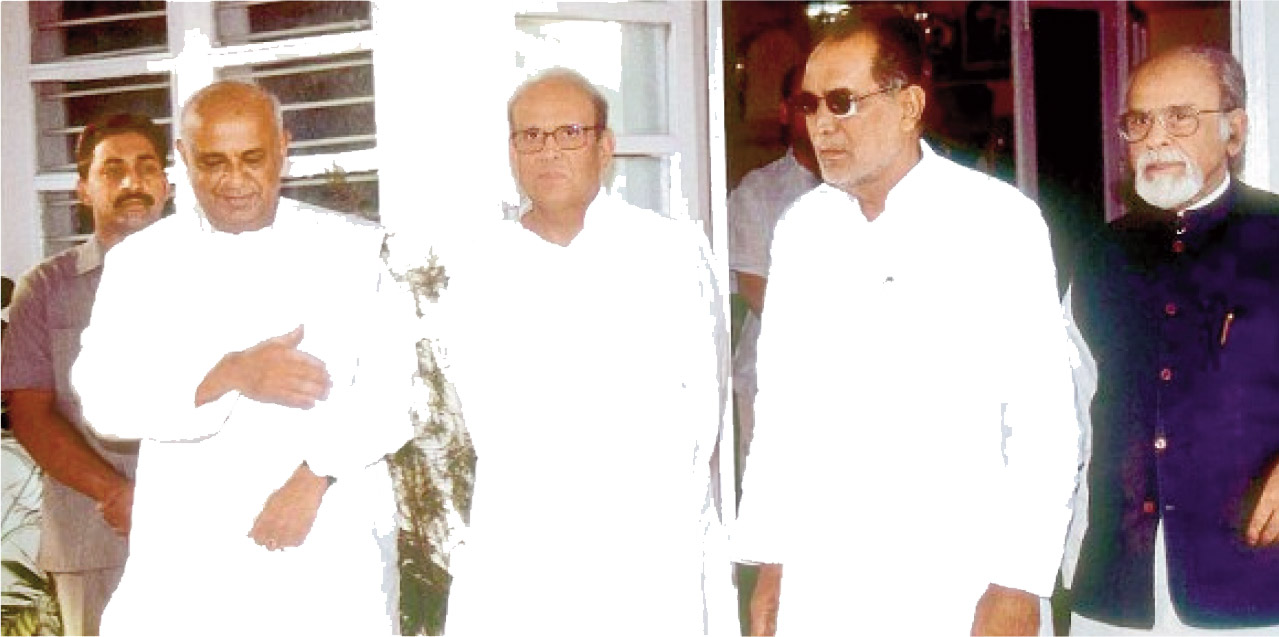 IK Gujral with HD Deve Gowda, VP Singh and Chandrashekhar
IK Gujral with HD Deve Gowda, VP Singh and Chandrashekhar
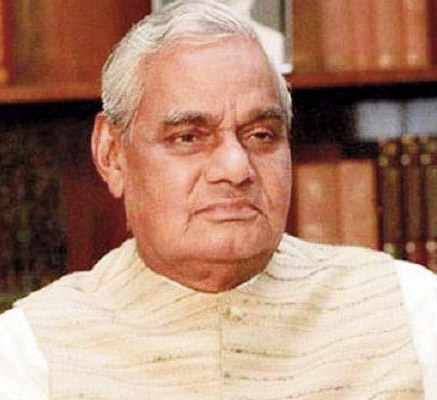 Atal Behari Vajpayee
Atal Behari Vajpayee